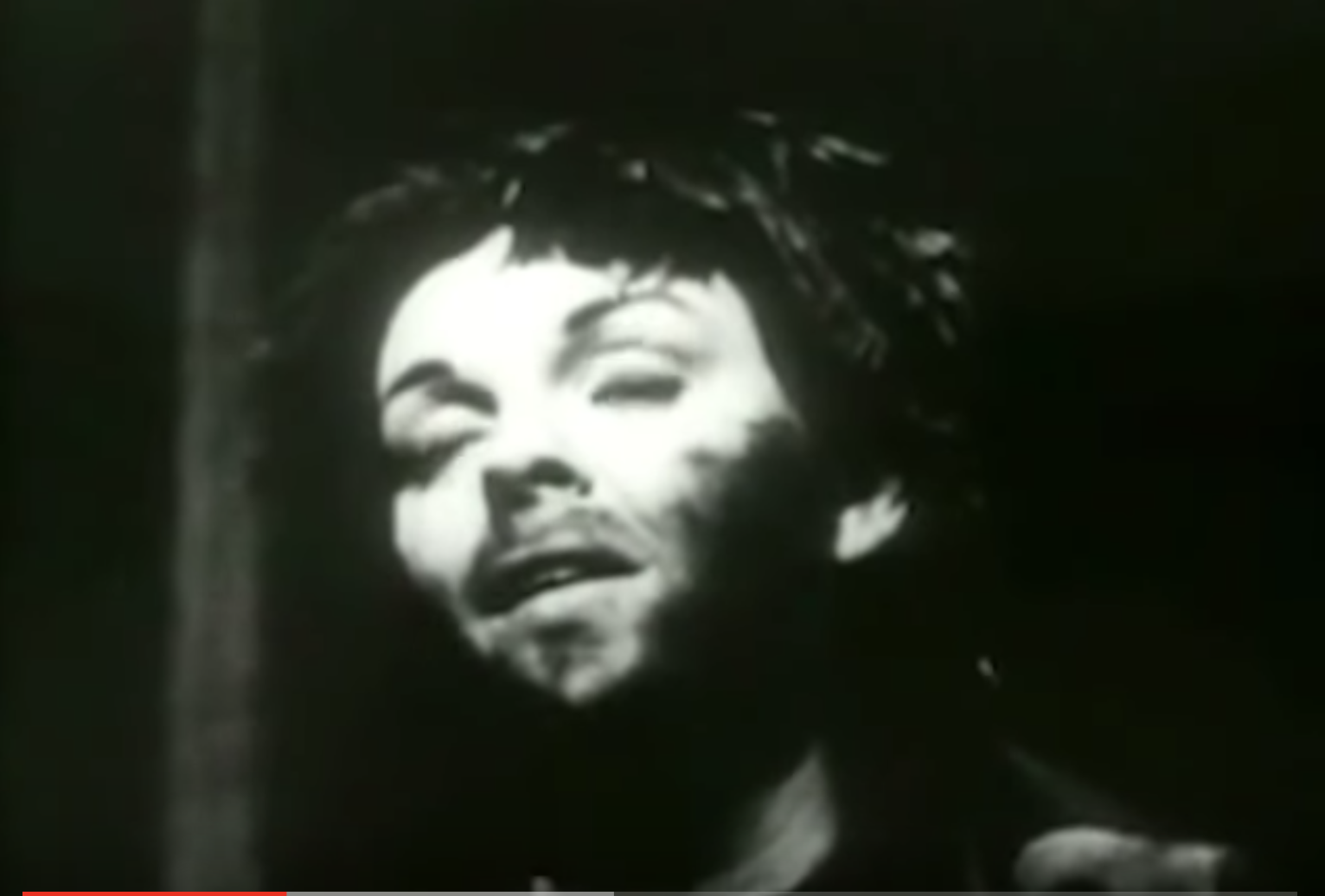When compared to the smooth rendition of Over The Rainbow in the film click here, this performance may sound very choppy, slightly desperate and at time rather raw. … Here we see Garland 16 years later, and we can ‘hear’ how much of life she’s experienced. At times it’s as if we’re watching her battle every emotional demon in her life. But somewhere, in those final moments, she seems to make the decision that she’s going to survive. And at the moment it doesn’t matter whether or not the tone is beautiful, the pitch is perfect, or if the whole performance is a bit wobbly. All that matters is that for a moment, she allowed us to see so clearly into her heart.
To listen to the 1955 version, click here and enjoy!

From Popular Singing and Style by Donna Soto-Morettini 2nd edition page 234.
This performance comparison is illuminating when evaluating accuracy and artistry. When does “very choppy, slightly desperate and at time rather raw” become feelingful music? How does a performer achieve this without being judged as having poor rhythm?
The impact of Judy Garland’s 1955 singing is very emotional. How does the conductor accompany an interpretation like this. I imagine that the interpretation in rehearsals may not have been anything like the performance.
Wonderful singing and a wonderful challenge to be conducting the accompaniment. I would love to do that!
Roland.
![]()

